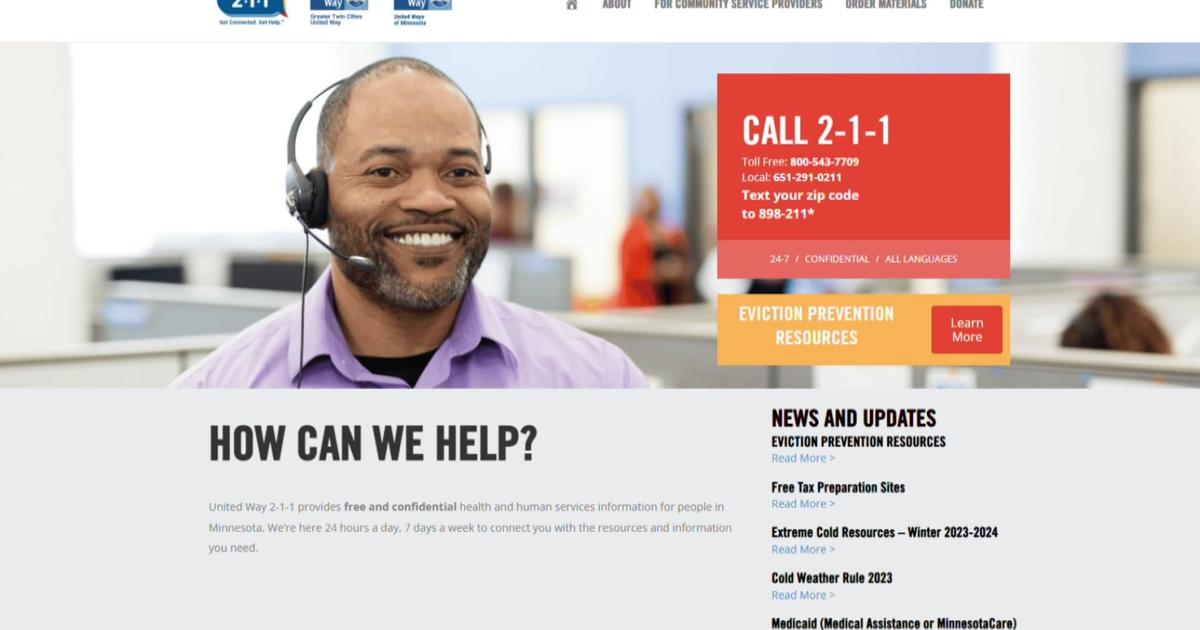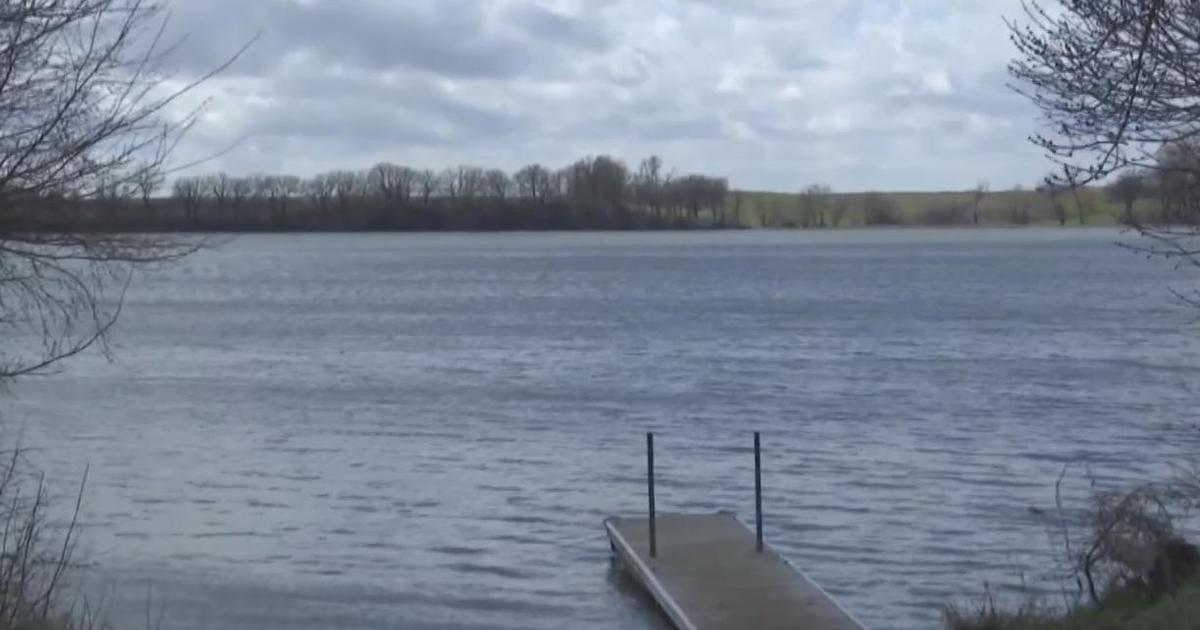Metrodome Roof Collapse Rekindles Stadium Debate
MINNEAPOLIS (AP) -- Frigid air whipped through a desolate Metrodome on Monday as crews began inspecting the Minnesota stadium's nearly three decades-old roof after it collapsed under the weight of heavy snow that pounded the Twin Cities and forced the Vikings to move their game to Detroit.
Sunday's roof collapse was the fourth since the 29-year-old facility opened, and it has rekindled the debate about whether the cash-strapped state should build a new venue using taxpayer money.
"It's an aging facility. We all know that. This actually ramps up that part of the discussion," said state Sen. Julie Rosen, who said she will introduce a new stadium bill when the Legislature convenes in January.
The Vikings have lobbied lawmakers for more than 10 years for a new stadium, arguing the Metrodome is outdated and doesn't generate enough revenue. The team's lease runs through the 2011 season and they have said they won't renew it. The NFL team is the stadium's only major tenant after the Minnesota Twins and University of Minnesota moved into new facilities, which received public subsidies, in the past two years.
The stadium's Teflon roof gave way early Sunday after a storm pounded the region, dumping 17 inches of snow on the city -- the fifth heaviest in state history. No was hurt, but the Vikings' Sunday game was moved to Monday night in Detroit and it wasn't clear when the stadium would reopen.
Three executives from Amherst, N.Y.-based contractor Birdair, Inc. met with stadium officials Monday. Pat Milan, a spokesman for the Metropolitan Sports Facilities Commission that operates the Metrodome, said they assessed the position and the size of the tears in the roof to figure out whether to repair or replace damaged panels.
"Everyone is going as quickly as they can and as safely as they can," Milan said.
Vikings vice president for public affairs and stadium development Lester Bagley said the team is "determined" to host the Chicago Bears next Monday night "in front of our fans." He says they'll likely take a "dual-track approach," trying to get the Metrodome ready while also preparing TCF Bank Stadium on the University of Minnesota campus to play outside if necessary.
When the Metrodome was built, its design was considered state-of-the art -- and its Teflon roof was less expensive than a solid one. Though some domes with similar designs still are used in Detroit, Vancouver and Syracuse, N.Y., new stadiums have been built over the years and the inflated-type domes have given way to shinier models.
The last time the Metrodome's roof gave way was 27 years ago, forcing the postponement of a Minnesota Twins game in April 1983. Since then, building staff have learned a few tricks about dealing with snow storms -- including blasting the roof with hot water to melt the snow and pumping hot air between two layers of fabric that make up the roof, said Steve Maki, MSFC director of facilities and engineering.
Those techniques were used during the weekend, but strong winds made it too dangerous for crews to continue working to clear the snow, he said.
The roof collapse dominated talk radio in the Twin Cities on Monday and striking video of a truckload of snow dumping on the field nearly 200 feet below was in heavy rotation on television.
"The images on TV can't help but have an influence on public perception," Rep. Keith Downey, a Republican from Edina who said he opposes both new taxes and state general fund spending for the Vikings.
But there may be little financial support for a new stadium -- especially as Minnesota faces a budget deficit projected at $6.2 billion. State leaders have said there's little they can do for the team until they solve the budget woes, though the Vikings are working on a new proposal to present to the next Legislature.
The Vikings previously pledged roughly one-third of the cost for a new stadium, estimated at $700 million or more depending on the model and the site, but they've had difficulty getting support for public money to pay for the rest.
Rosen, a Republican from Fairmont, wouldn't give specifics about the bill she planned to propose next year, but she said no state funds would be used. Instead user fees and other revenue streams would pay for it, she said.
Gov.-elect Mark Dayton's spokeswoman, Katie Tinucci, said the roof collapse hasn't changed Dayton's position on stadium legislation. His stance has been that the public benefits of a new stadium would have to outweigh the public cost, but he hasn't spelled out details.
"We expected it to be an issue this session no matter what," Tinucci said Monday, adding that the Democrat will look at stadium proposals after he takes office in three weeks.
Despite the hoopla, stadium critic Phil Krinkie of the Minnesota Taxpayers League said replacing the Metrodome because of storm damage makes about as much sense as replacing the New Orleans Superdome because it was damaged by Hurricane Katrina. And because the last time the roof collapsed was in 1983, there's nothing fundamentally wrong with the roof design, he said.
"If it doesn't happen for the next 20 years, I think we still have an extended period of useful life of the facility," Krinkie said.
Melissa Ferderer, 41, a Spanish teacher in the Minneapolis Public Schools said Monday she opposed using taxpayer money for a new stadium for the Vikings.
"I just think that the public spending should go toward things that are good for the general public as opposed to a special section, and I feel there's too much private profit made off that industry. I would like to see this place revamped," she said of the dome.
But Jeffrey Evander, 32, a graphic designer from Bloomington, said keeping the Vikings was "crucial" and worth a tax increase.
"Part of a metropolis, a true city, is having your sports teams," he said.
(© Copyright 2010 The Associated Press. All Rights Reserved. This material may not be published, broadcast, rewritten or redistributed.)



